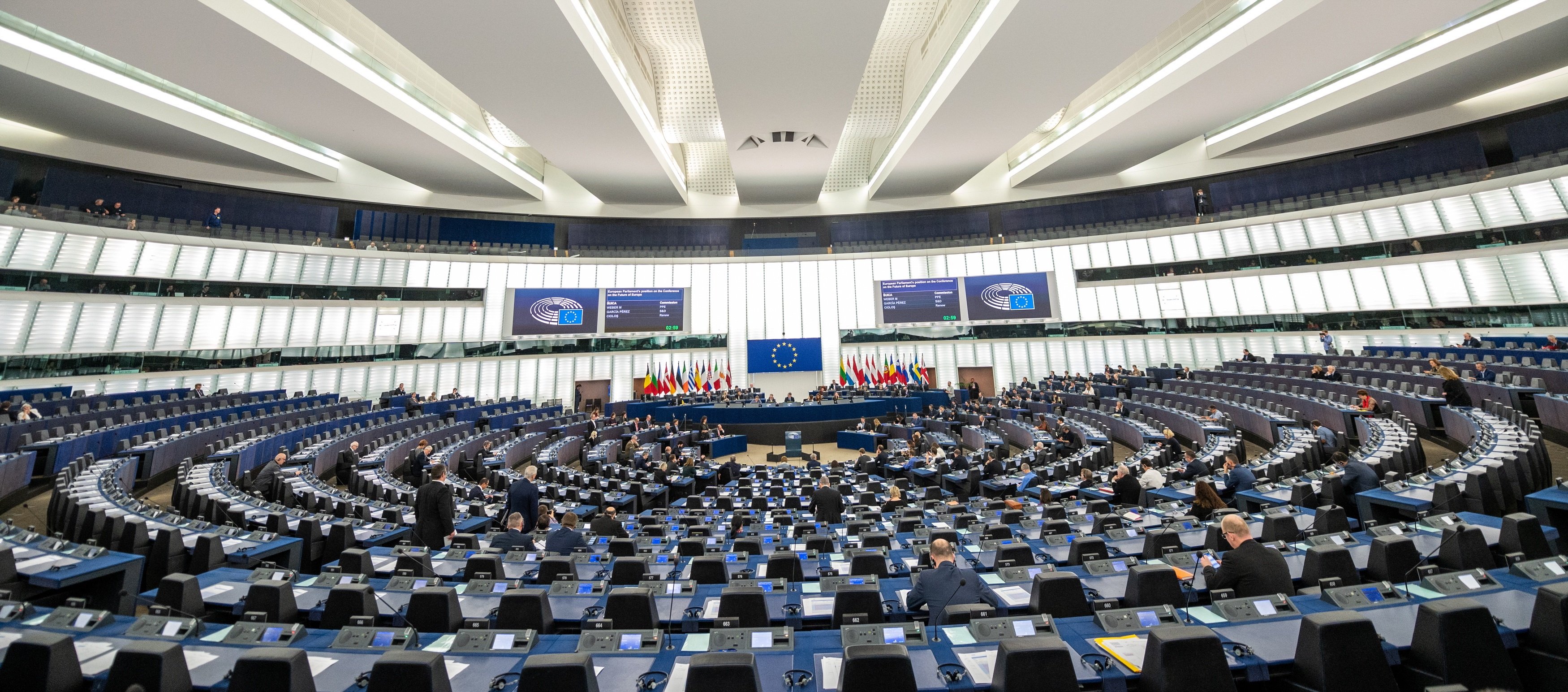The European Parliament's Committee on Civil Liberties has this Tuesday given the green light to the report on the reform of the European Arrest Warrants (EAW) system which proposed that offences against the constitutional integrity of a member state should be included in the crimes for which extradition becomes automatic.
The report thus proposes to add "crimes against the constitutional integrity of a member state involving the use of violence" to the list of 32 crimes that currently guarantee the automatic handover of the person sought by the state issuing the warrant.
The preparation of the report has been motivated, at least in part, by the case of the Catalan president in exile, Carles Puigdemont, and the other pro-independence Catalan politicians in exile. This was acknowledged by the person in charge of the text, Javier Zarzalejos, an MEP from Spain's Popular Party (PP), who described the Catalan president's case as involving "deficient application" of the norms and being a situation of "impunity". However, the report mainly covers technical issues and does not assess specific cases in which its proponent has detected problems in execution.
The text also stresses that consideration should be given to including other types of offences in the categories that would guarantee immediate handover of an accused person, such as environmental crimes, certain forms of tax evasion, sexual abuse, gender violence, crimes against humanity and war crimes.
The proposal also proposes that EAWs issued by one member state should be "recognized and executed directly by other member states, except in certain very specific cases", and that a country rejecting a request of this nature must submit "objectives and factual arguments" in order to justify their decision.
The text was passed in a parliamentary committee with 45 votes in favour, 14 against and 9 abstentions, with the last category including the far-right Vox MP Jorge Buxadé, who considers that "several unacceptable ideological conditions that destroy meaning have been included in this instrument".
Currently, legislation covers 32 types of offences for which a European citizen can be automatically extradited from one member state to another, and including new crimes in this list would require a proposal for reform by the European Commission.
In 2018, a German court ruled against the extradition of Carles Puigdemont to Spain on the grounds of the rebellion accusations presented by Spanish justice, in relation to the Catalan independence referendum of 2017. Human rights bodies and neutral observers deny that violence was used by the independence movement in the referendum period.
What happens next?
Once the report has been approved, Zarzalejos will send it to the European Commission, which may or may not choose to propose the reform requested by the deputies. "The ultimate goal is to improve this key instrument of judicial cooperation between EU countries to prevent those responsible for serious crimes from avoiding legal action by moving to another EU member state," said the PP deputy in a statement.

